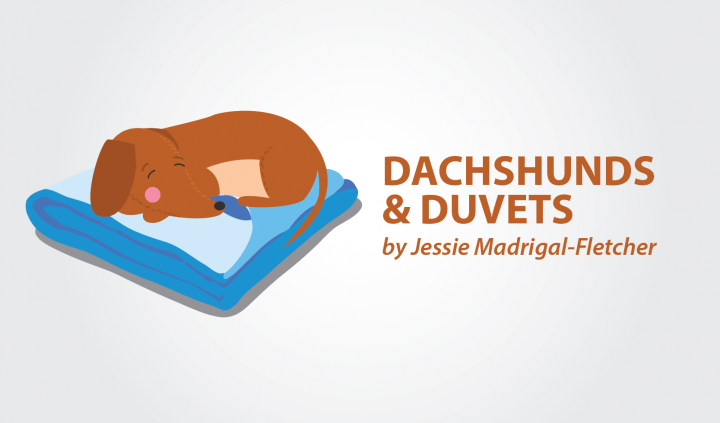“It’s not me, it’s the endometriosis” is a sentence that has become a life mantra to me. It’s something I say as often as “sorry I yelled at you” and “someone drip-feed me CBD.” More often than not, I have to explain behaviors that can surprise or downright puzzle others. If it were up to me, endometriosis would come with a special pass we’d whip out whenever life gets the best of us.

In lieu of any laminated cards, following are five things endometriosis patients are definitively allowed to do, in my book:
Crying when hormonal
Mood swings are no joke. Hormonal imbalances are at play, responsible for life-altering symptoms such as premenstrual dysphoric disorder, an extreme form of premenstrual syndrome. Endometriosis also causes brain fog and chronic fatigue. Being hormonally challenged is a way of life, and there is no shame in it. A good cry can be a relaxing experience, a necessary release. Which is why I watched “A Star Is Born” twice last week.
Getting angry at your doctor
The sad truth is that many doctors fail endometriosis patients. Diagnosis still takes an average of 7.5 years, treatment is invasive and can be very painful, and most patients juggle myriad hormonal treatments that result in upsetting side effects like hair loss and acne. To top it all, our complaints are often dismissed. If you haven’t lost your temper or angry-cried during a doctor’s appointment, you are either a saint or have been very lucky with the health professionals you have encountered.
Being picky about your food
Dietary choices can have a great impact on the health and comfort levels of endometriosis patients. Indulging in a sugary feast or a dinner of wine and pizza can be great for my endo-free mates, but in my case, it will surely contribute to inflammation and a painful flare-up. Most of the time, I let myself down by eating what I shouldn’t because I suck at restraint. As a result, saying “no” more often than not really isn’t a big deal.

Saying no to sex
With endometriosis, sex can be painful during and after intercourse. If you are suffering, you should be able to say no without guilty feelings. Intimacy should be fun, and if it is not working out for you, it’s time to take a pause, talk to your partner about this, and maybe even seek help. The one thing you should not do is punish yourself for not fancying sex at all, or worse, force yourself to do something you are not going to enjoy. I went for months without wanting sex, and while it did affect my relationship, my own self-esteem required the biggest amount of damage control.
Not wanting to discuss your fertility with others
It’s the dreaded question, one that certain people are itching to ask. And they will. And it will feel intrusive. It’s OK to freeze, offer an uncomfortable answer, give way too much information or none at all. Sometimes we won’t be able to react the way we wished we could. Simply put, asking someone about their child-rearing wants and capabilities is horribly impolite. Whatever comes out of your mouth, it’s OK, and it’s up to whoever asked the dreaded question to deal with the awkwardness they are responsible for.
As an endometriosis patient, this illness beats etiquette, expectations, societal norms, and what others consider acceptable. Until everyone else can step into our shoes for a week (and a couple of flare-ups), we are allowed to be chronically imperfect.
***
Note: Endometriosis News is strictly a news and information website about the disease. It does not provide medical advice, diagnosis, or treatment. This content is not intended to be a substitute for professional medical advice, diagnosis, or treatment. Always seek the advice of your physician or other qualified health provider with any questions you may have regarding a medical condition. Never disregard professional medical advice or delay in seeking it because of something you have read on this website. The opinions expressed in this column are not those of Endometriosis News or its parent company, BioNews Services, and are intended to spark discussion about issues pertaining to endometriosis.

